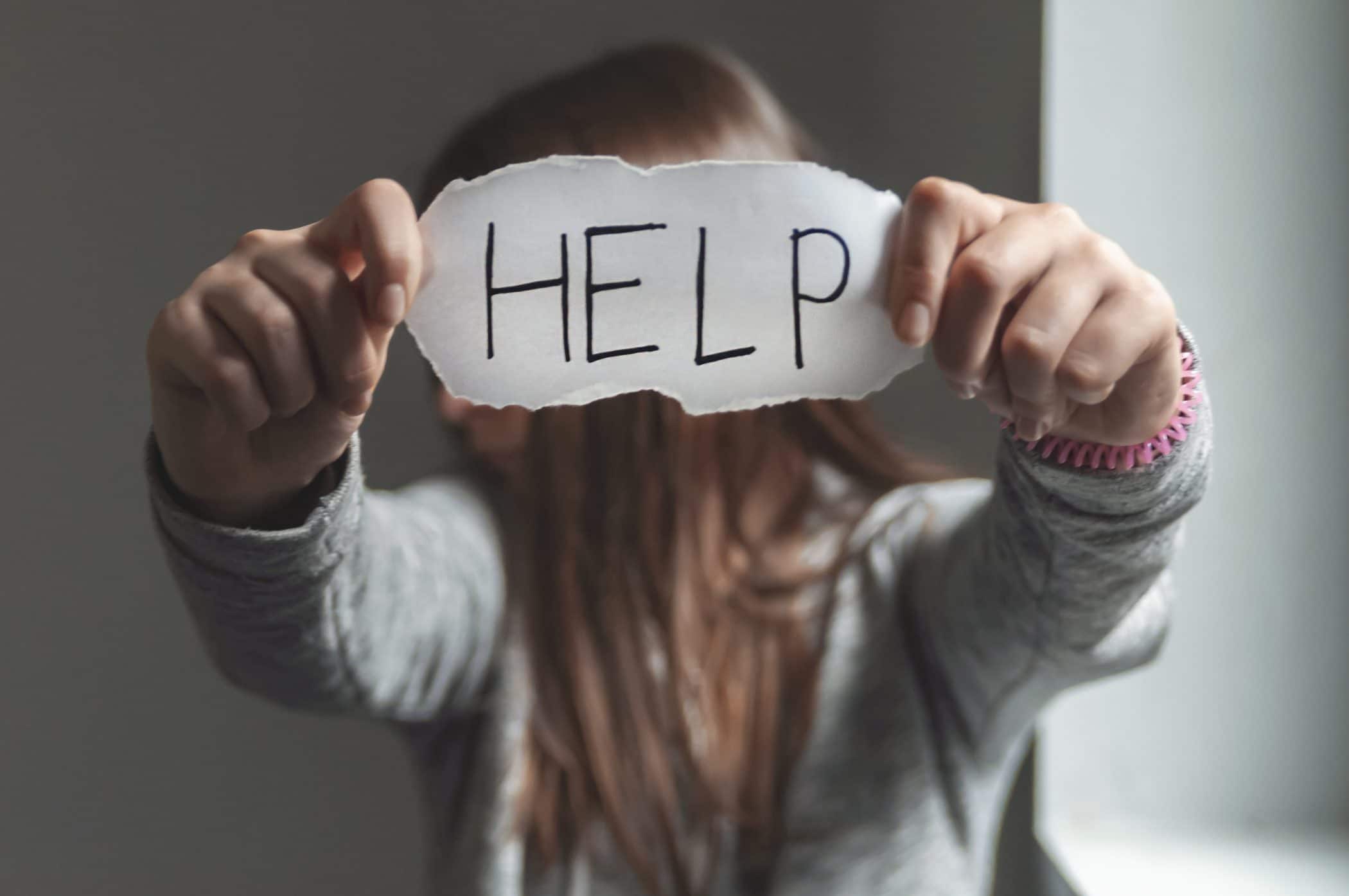 Addiction is a lifelong disease that, while having no cure, can be successfully treated through proper use of addiction treatment. The process of treatment begins with a period of detoxing, the time of adjustment your mind and body have to make when returning to a natural state after the presence of drugs or alcohol is no longer there.
Addiction is a lifelong disease that, while having no cure, can be successfully treated through proper use of addiction treatment. The process of treatment begins with a period of detoxing, the time of adjustment your mind and body have to make when returning to a natural state after the presence of drugs or alcohol is no longer there.
Once sobriety is achieved, the individual goes through different forms of mental and physical health support sessions. Therapy groups and supervised recreation support a positive outlook on life as individuals learn to live above the influence.
After all of this is achieved, it’s up to the individual to use the tools and lessons they’ve been given to handle cravings and impulses as they come and go before they manifest into something more.
That Something More Is the Threat of Relapse
Individuals recovering from addiction or problem substance use have put in the time and energy needed to free themselves from the grasps of addiction. It’s because of this immense amount of work needed to become sober that so many individuals and those close to them worry about the idea of a relapse occurring.
First, let’s drill down a bit into what a relapse actually is. It isn’t a one-off instance of substance use before going back to sobriety, those occurrences are referred to as simply lapses, temporary slips in impulse control.
Relapse is the total reversion back to substance abuse and addictive tendencies. Users will begin focusing only on using their substance of choice, often requiring immediate intervention or even hospitalization.
Knowing the difference can help make sure that the proper response and level of help needed are provided with lapses in particular being a tell-tale sign or symptom of an upcoming relapse.
Common Relapse Warning Signs
Remember, relapse isn’t just one case of using a problem substance. Instead it happens over time as the underlying addiction being fought continues to tear down the walls built during treatment. Often times these internal struggles go unnoticed as our subconscious can handle them up to a certain point.
When someone is struggling with this emotional side of an oncoming relapse, you may notice they:
- Are more irritable
- Have trouble sleeping
- Can’t focus on work or other tasks
- Seem on-edge more often than not
The persistence of addiction eventually works its way into the conscious mind, posing a mental battle for dominance between the individual and addiction. At this point, they often begin weighing the actual benefits of sobriety with their perceived benefits of substance use. A turning point for some, individuals have to dig in their heels and leverage their resources such as support groups or a mental health professional to help quell the intrusive thoughts.
Addiction never stops being a problem, but that doesn’t mean it has to be the biggest problem we face. Even if someone is unable to beat the mental fight and falls into a state of relapse, they have the chance to find freedom from addiction again and to come out stronger than ever before.

